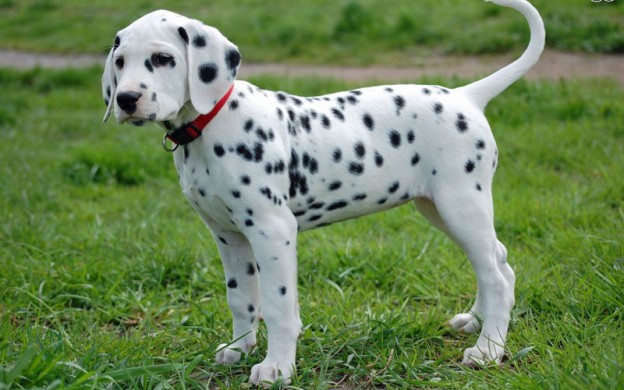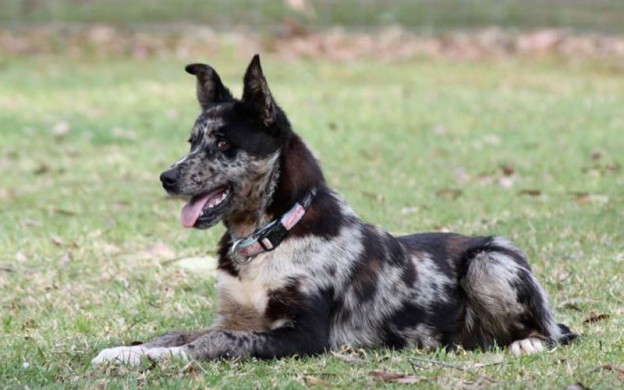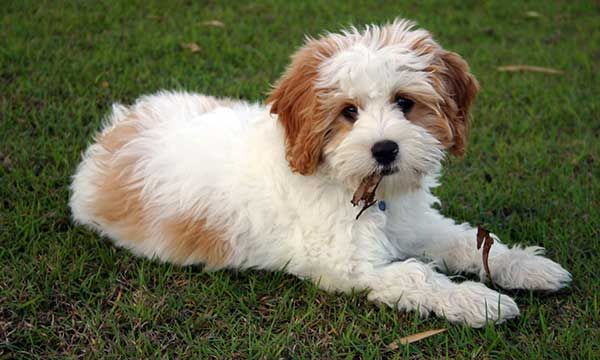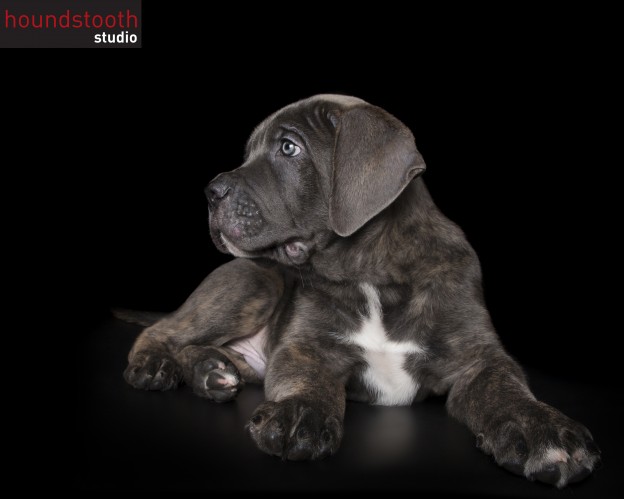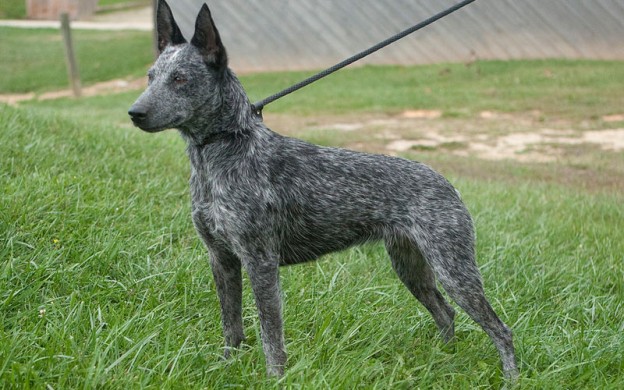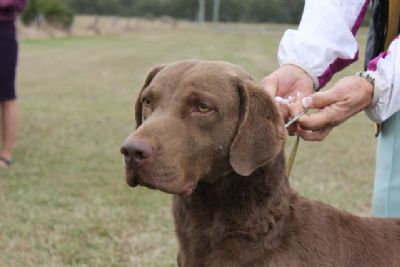
Courageous Chesapeake
Originally used for retrieving game in Chesapeake Bay on the East Coast of America, the Chesapeake Bay Retriever of today makes an affectionate and loyal companion, as Lauren Taylor discovers.
The Chesapeake Bay Retriever was developed in 1807, when an English ship crashed off the coast of Maryland. Everyone on board was saved, along with two Newfoundlands, which were given to a family of dog lovers. These dogs were later mated with local retrievers and were used for hunting in the Chesapeake Bay. Careful breeding then took place over the next few years and created an outstanding retriever with incredible enthusiasm and endurance.
This breed has a large, sturdy, athletic build and impressive muscle tone. It is believed that the Chesapeake Bay Retriever has been known to retrieve 200 ducks in a single day. Today, the Chesapeake Bay Retriever makes a fine family companion and excels in tracking, hunting, field sports and obedience.
Friendly and affectionate
The Chesapeake Bay Retriever is known to be extremely affectionate, high-spirited and loyal. They are very friendly, intelligent and loving. This breed is a marvellous companion. Just ask Trevor Lodder, who has been involved with the breed for 25 years. The Chesapeake Bay Retriever is alert, intelligent, independent, happy, devoted, protective and willing to work, says Lodder. They are best suited to an active person who enjoys outdoor activities.
A child-friendly dog
These trustworthy dogs get along wonderfully with children and other dogs, but as with all breeds, children should be supervised at all times. Once a Chesapeake Bay Retriever becomes a member of the family, the dog accepts all members of the family, whether they are human or animal. A well-socialised pup will readily accept any other pets as part of its kingdom.
This breed is a one-family dog with a very strong protective nature for what belongs to them or their adopted family; this makes them excellent watchdogs. The Chesapeake Bay Retriever is such a good guard dog that the Lodders don’t have to worry about locking the car when at the shops. They will guard the vehicle, and not let anyone near if their owner is not near, Lodder tells Dogs Life. The Chesapeake Bay Retriever does have an independent streak and will think for itself, so its best suited to a confident handler who commands authority.
The Chesapeake Bay Retriever is a cheerful breed with a bright and happy disposition. They love human companionship and thrive on human attention. They do not adapt well to solitary life in a backyard, preferring to be inside with the family.
This breed requires an average-sized backyard that is fully fenced, along with a great deal of daily vigorous activity. The Chesapeake loves the outdoors, especially water. Not enough exercise will cause the dog to become badly behaved and destructive. The Chesapeake Bay Retriever is not recommended for apartment life, as they are relatively active indoors.
Eager to please
This loving breed is very intelligent, quick to learn and always eager to please, but can easily get bored and sometimes may have a mind of its own. It is recommended to keep training sessions short, fun and consistent, without excessive repetition. They are quite sensitive, so don’t respond well to harsh training.
The Chesapeake Bay Retriever responds well to a systematic approach, and requires basic obedience training to show whos boss; they can be stubborn at times, warns Lodder.
Grooming and genetics
The dense, harsh, short-haired coat of the Chesapeake Bay Retriever is easy to groom. Weekly brushing with a firm bristle brush to remove the dead hairs is adequate. It is recommended this breed is not washed with soap or detergent, as this will remove the natural protective oil, which waterproofs the coat.
The Chesapeake Bay Retriever is generally robust and quite a healthy breed, but a very small percentage can suffer from hip and elbow dysplasia and progressive retinal atrophy, although responsible breeders test for all these conditions and breed only from stock they believe will return good results. Most breeders take time to study the bloodlines with the intent of eventually breeding these problems out of their bloodlines.
Breed Contacts
For more information, contact the Australian National Kennel Council at www.ankc.org.au
In New Zealand, please contact the New Zealand Kennel Club via www.nzkc.org.nz



